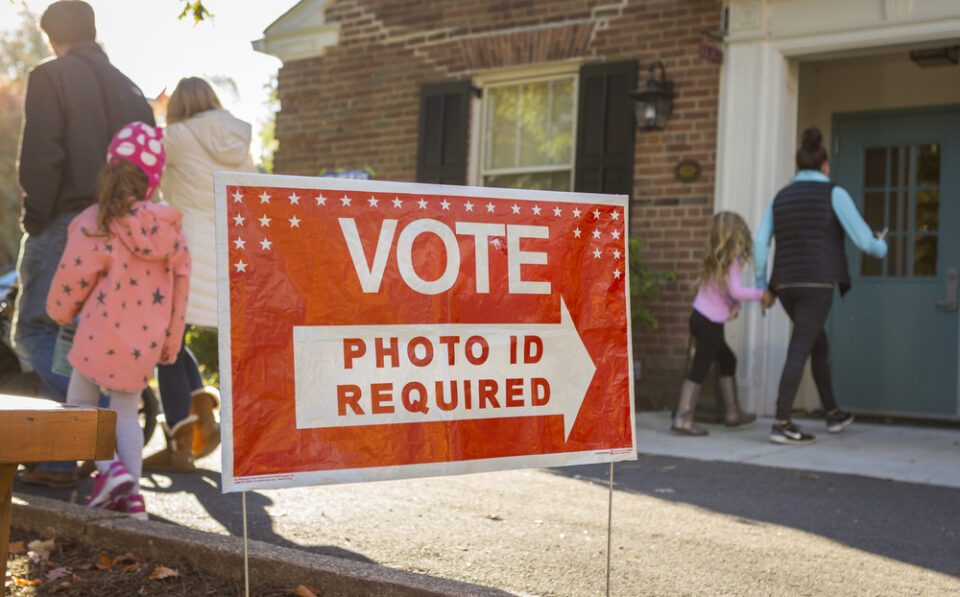In an astonishing about-face from its July 18 ruling, the Ninth Circuit Court of Appeals has reversed its previous stance requiring proof of citizenship for voter registration in Arizona. This time, a 2-1 decision concluded that such documentation isn’t necessary. Why the flip-flop? The judges claim that implementing this change so close to the November elections would trigger “confusion and chaos.”
In Thursday’s order, Judges Kim McLane Wardlaw and Ronald Gould, who formed the majority, argued that the initial “motions panel” misjudged the extent of turmoil a last-minute rule change would cause in Arizona’s election procedures. “The state legislature cannot be bound by an agreement reached between a former secretary of state and the federal government without running into ‘serious separation of powers concerns,'” dissented Judge Patrick Bumatay, maintaining that the earlier panel had it right.
For those not familiar with Arizona’s unique system, here’s a quick rundown: Arizona uses a two-track registration system. Citizens who provide proof of citizenship can vote in all elections. Those who can’t provide such proof receive “federal only” ballots, limiting them to voting for federal offices like Congress and the presidency.
Unsurprisingly, the decision has sparked political pushback. Senate President Warren Petersen, a Republican, has vowed to take the fight to the U.S. Supreme Court. Petersen aims to secure an emergency stay to ensure that only American citizens participate in Arizona’s elections.
As of now, attorneys for the civil rights groups opposing the law haven’t responded to requests for comment, according to the Arizona Republic. The Arizona Secretary of State’s Office’s communications director Aaron Thacker clarified the current situation: election officials are instructed not to reject voter registration applications submitted without documentary proof of citizenship (DPOC).
So, unless the Supreme Court intervenes, Arizona’s voter registration process will remain status quo come November. And, given the state’s recent legal rollercoaster, one can only imagine what new twists and turns might be in store.

